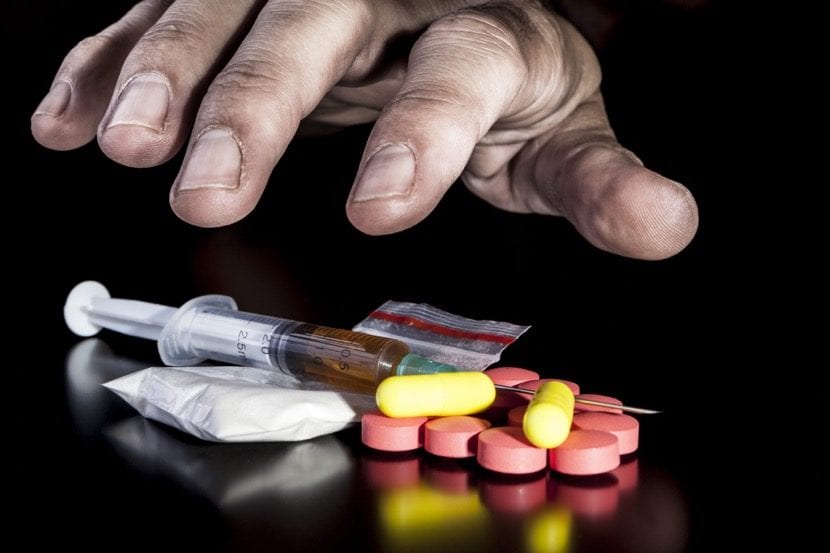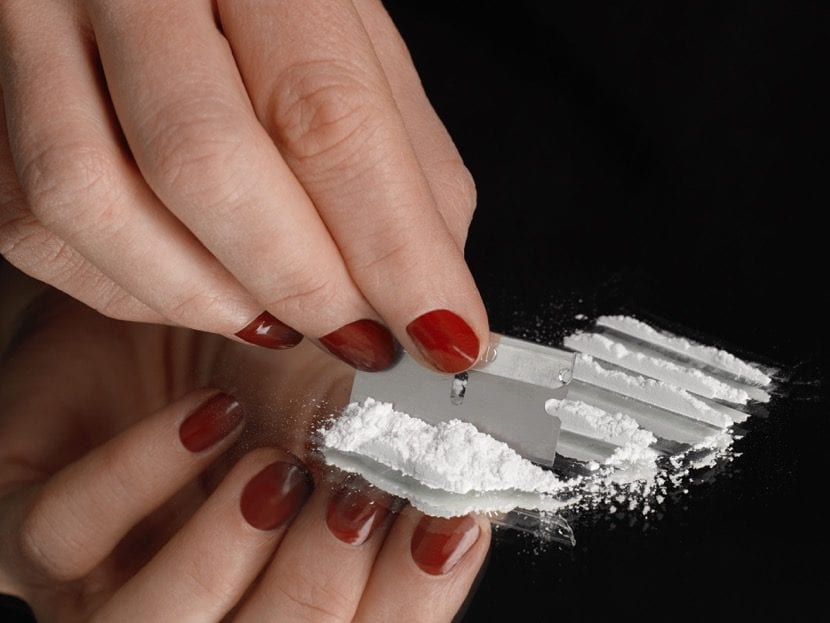
It is important to understand the meaning of the terms tolerance, dependence and addiction when talking about substance abuse and the use of prescription drugs, such as opioid pain relievers. Unfortunately, these terms are often misused by professionals and laypeople alike, leading to the mistaken belief that tolerance, dependency, and addiction are just different names for the same thing.
However, knowing the distinction between these terms can lead to a better understanding of the dangers of drug abuse. In this sense, In order to understand drug and alcohol tolerance, you will also need to know what addiction or dependence is.
The most important distinction between these concepts is that tolerance and dependence refer to the physical consequences of drug use. In contrast, addiction is a descriptive term that refers to the need to engage in harmful behaviors such as drug use. Drugs that result in the development of tolerance and physical dependence often have the potential to cause addiction, but not always.
What is tolerance?
Tolerance is defined as a person's decreased response to a drug that is the result of repeated use. V People can develop tolerance to illicit drugs and prescription drugs. Tolerance is a physical effect of repeated drug use, not necessarily a sign of addiction.
For example, chronic pain patients often develop tolerance to some effects of prescription pain medications without developing an addiction to them. There are 3 main types of tolerance that we will explain below.

Acute tolerance
Acute or short-term tolerance is caused by repeated exposure to a drug over a relatively short period of time. Cocaine abuse often results in acute tolerance. Experiments have shown that after a first dose of cocaine, test subjects experience high euphoria and an increase in heart rate and blood pressure.
However, despite nearly doubling drug levels in the blood, a second dose of cocaine 40 minutes later does not produce a dose-dependent increase in the drug's 'positive' effects. including an additional increase in heart rate or blood pressure.
Chronic tolerance
Long-term or chronic tolerance develops when a person's body adapts to constant exposure to a drug over weeks or months. People who regularly abuse prescription opioids develop a chronic tolerance to the euphoric effects of these drugs, leading many of them to increase the dose taken or switch to more potent ways of taking these drugs, such as snorting or injecting the drug. .
Learned tolerance
Learned tolerance can result from frequent exposure to certain drugs. For example, people who abuse alcohol for months or years often don't seem intoxicated like everyone else. Experimental studies have shown that drinkers can compensate for the effects of alcohol on their coordination when they repeatedly practice a task under the influence.. However, this tolerance disappears if the administration is modified.

Finally, most drugs have more than one effect, and tolerance does not necessarily develop equally for all effects. Users of illicit and prescription opioids, such as heroin or oxycodone (OxyContin), quickly develop tolerance to the high euphoric these drugs produce, but not to the dangerous side effect of respiratory depression (decreased respiratory rate). Opioid abusers who take large doses of these drugs to overcome tolerance and get high frequently are hospitalized, or even die, because they stop breathing as side effects.
Dependency and addiction
Once you know what tolerance to drugs and alcohol is and what it is about, we are going to tell you what dependence and addiction are so that in the future, you do not confuse the terms and know what each one refers to in each case.
Dependence
The words dependency and addiction are often used interchangeably, but there are important differences between the two. In medical terms, dependence refers specifically to a physical condition in which the body has adapted to the presence of a drug. If a person with drug addiction suddenly stops taking that drug, that person will experience predictable and measurable symptoms, known as withdrawal symptoms.
Although dependence is often part of addiction, non-addictive drugs can also cause dependence in patients. A good example is prednisone, a synthetic form of the steroid hormone cortisol that is used to treat asthma, allergic reactions, Crohn's disease, and many other inflammatory conditions.. Prednisone is not known to be addictive. However, if a patient has taken prednisone for several weeks and then suddenly stops, you are likely to suffer from withdrawal symptoms such as fatigue, weakness, body aches, and joint pain.
Dependence is caused by changes in the body as a result of constant exposure to a drug. In the case of prednisone, the body adapts to repeated doses of the drug by decreasing its own cortisol production, which can leave the body without a baseline level of cortisol "support" when prednisone is discontinued, resulting in steroid withdrawal symptoms until balance is restored.
Addiction
Addiction is a chronic and recurring brain disease characterized by compulsive drug seeking and use, despite harmful consequences. In other words, addiction is an overwhelming or uncontrollable urge to use a drug, and this compulsion is long-lasting and can return unexpectedly after a period of improvement.

Addiction is a psychological condition that describes an obligation to take a drug or engage in other harmful behaviors. People can develop addictions to illicit street drugs, prescription drugs, and even activities such as gambling. Addictions are persistent and addicted people can relapse into drug use after years of abstaining.
Although addiction used to be considered a sign of moral weakness, it is now considered by most people in the field of addiction and substance abuse treatment to be a condition that arises in association with changes in the brain caused by the use of addictives. . This is because almost all addictive drugs directly or indirectly activate an area of the brain, the nucleus accumbens, which is normally stimulated by naturally rewarding activities important to survival, such as eating, having sex, or spending time with friends.
To the addicted brain, obtaining and taking drugs can literally seem like a matter of life and death. Addictive drugs stimulate the pleasure and motivation pathways in the brain much more strongly than natural rewards. Therefore, repeated exposure to these medications it can trick the brain into prioritizing drug use over normal, healthy activities.